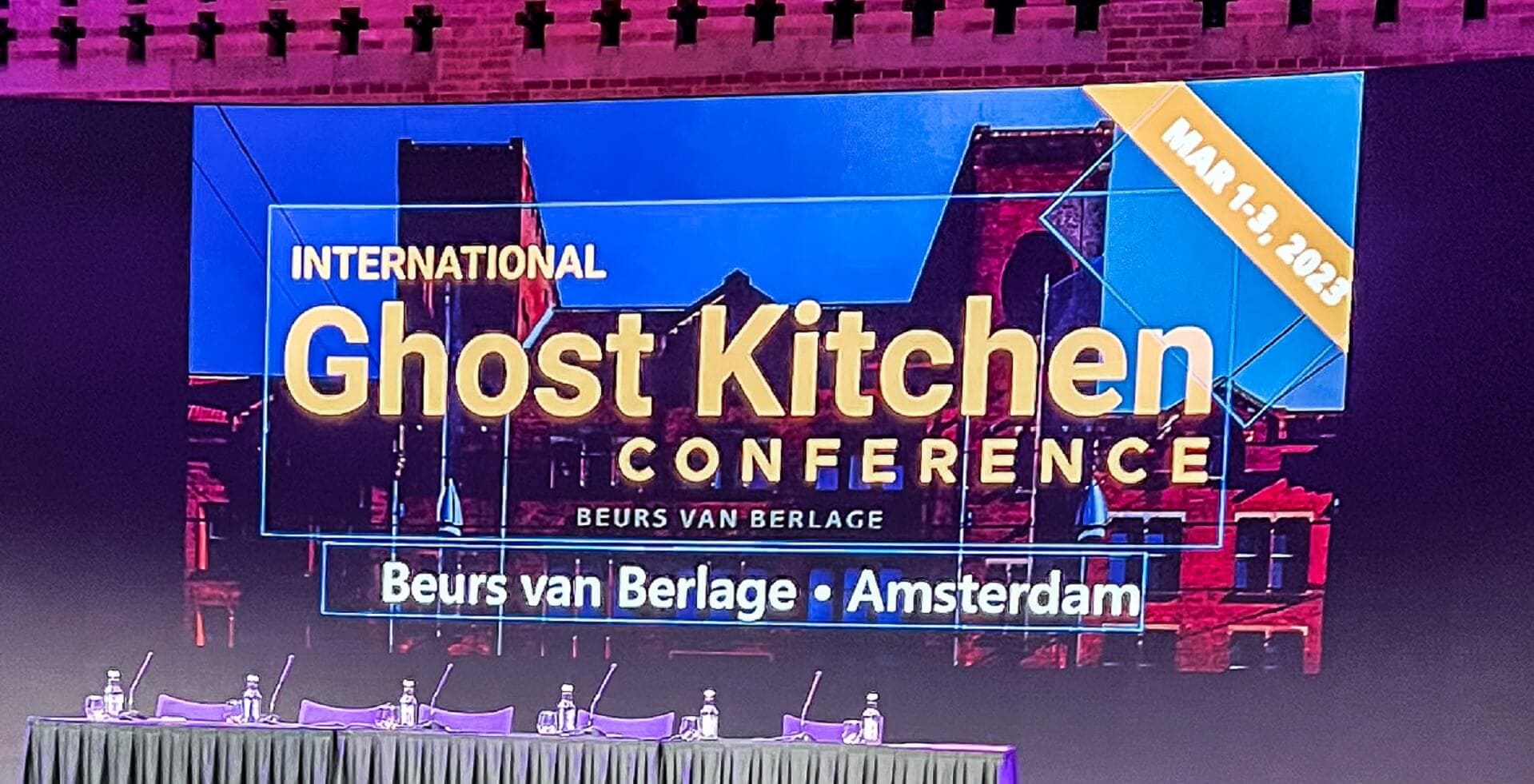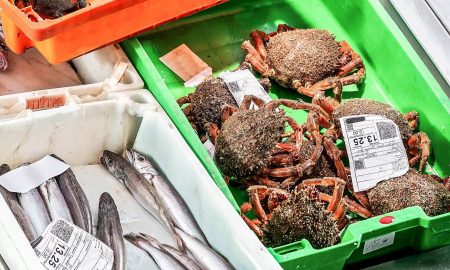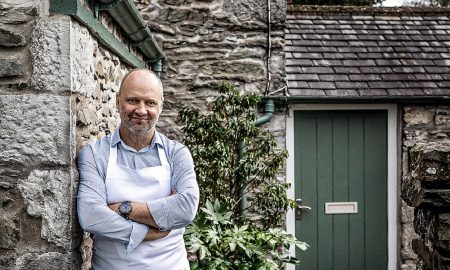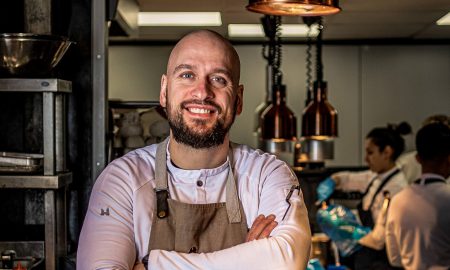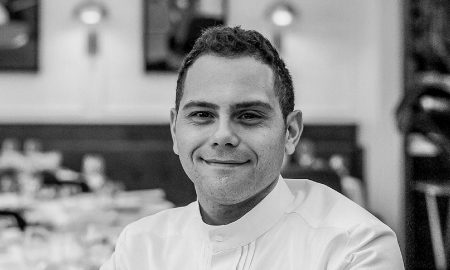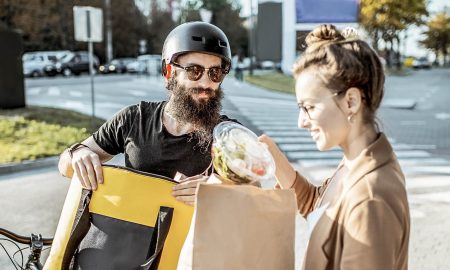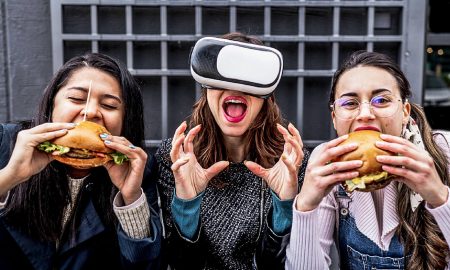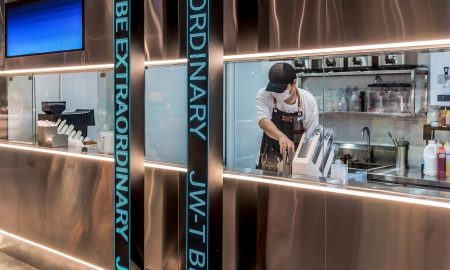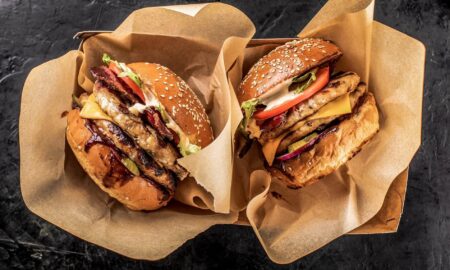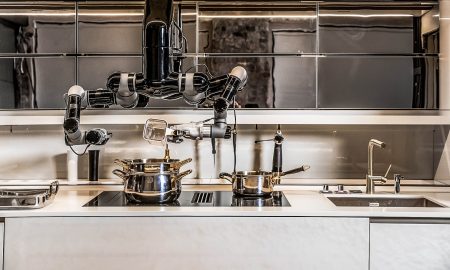Over the last decade or so, the tech explosion has upended fundamentals of the human experience from travel to communication. Food is no exception as the battle between the convenience of delivery and the experience of restaurants rumbles on. “The meal delivery market is stronger than ever,” says Dec Penfold, founder of the food consultancy business Dec’s Kitchen, and a speaker at the 12th edition of Rational’s TrendTalk webinar. “But it’s such a new market that there’s still so much that can be done. We’re trying things, making lots of mistakes and seeing which model works best.”
Naturally, the state of play across the globe differs. In Dubai, the UAE, Saudi Arabia and Oman, says Penfold, food delivery is particularly big business – to the point where people are taking two or three meals a day on delivery as the norm. The US has seen great advances too as the huge volume of operators and consumers means quicker scaling. As for the UK, it’s at “the learning stage in a difficult climate”, says Penfold. “Everyone’s learning from each other. That was one of the benefits of having the International Ghost Kitchen Conference IGKC – partnered by KTCHNrebel in March, in Amsterdam, Netherlands. We were able to learn from different people and different businesses around the world.”

Image: Dec Penfold, Nicolas Cann, Blobfish International
Food and tech united
The conference brought together leading restauranteurs, industry experts and third-party delivery providers to discuss emerging opportunities in the restaurant industry, and the role that ghost kitchens can play.
Penfold moderated a session at the event on Emerging International Brands and found a wealth of insights around the meeting of food and tech. “One interesting thing from the conference was hearing from all the non-food-related people and businesses that are laterally plugging tech and marketing solutions into food brands,” he says. “They’re seeing the opportunity of the food delivery market to use and adapt their products.” Penfold cites the examples of the end-to-end kitchen management platform Grubtech; the ghost kitchen integrator ShoppinPal, an Indian company in the Integration Platform as a Service space; and marketing sampling company Blobfish International as interesting operators in the space. “All these solutions that combine food and tech creating a better customer experience and adding value to the restaurant,” he adds.
Sieh dir diesen Beitrag auf Instagram an
The future is hybrid?
Covid lockdowns may have brought third-party food delivery services firmly into the mainstream, but their influence and growth has not diminished in a mostly post-Covid market. For operators, the struggle remains how to balance the clash of food delivery and more traditional hospitality operations. “It’s very, very difficult for operators to make margin. For an average restaurant, delivery aggregators are charging 35%,” states Penfold. “As an ex-Deliveroo employee, I know the level of detail and amount of work that goes into it but it’s not helping restaurants to stay afloat. Something needs to be done.”
One area which Penfold finds particularly interesting is the hybrid ghost kitchen model. “I really like the combination of having a bricks and mortar presence and a small shop front – but where the sole focus of that restaurant is delivery. It’s built for delivery, but the high street presence is there for footfall, click and collect and brand awareness. I really believe in that model. At Dec’s Kitchen, I’m working on those models with a lot of clients because they see that as the future. There’s a focus on delivery and there’s a focus on actual customer experience.”

Image: Dec Penfold, Nicolas Cann, Blobfish International
Scalable, virtual brands
There is little doubt that the appetite for good food and the restaurant experience is not going away. But it is not enough simply to make great food then expect growth to follow. “Food has to be consistent, it has to be affordable, operationally doable at scale and volume,” says Penfold, “and it also has to be tasty.”
The International Ghost Kitchen Conference offered plenty of food for thought when it comes to creating virtual brands. “Casper is an interesting model,” says Penfold. “They’re housing all their brands under one roof and showcasing that. They’re not afraid to hide their virtual brands and delivery concepts as being separate. There’s a lot of potential from marketing these concepts together and leveraging them off each other – getting customer retention through another brand.”
Penfold also highlights The Athenian as a smart business that has been able to scale as one brand in the UK while exploring franchising models and licensing contracts across Europe. Likewise, KBox – a business with multiple brands over multiple markets that has now tailored that back to refine their offering. “It’s about experience and consistency. These are the core things you need to think about when scaling. But that balance is very difficult.”
Sieh dir diesen Beitrag auf Instagram an
Food and Tech: shifting sands for foodservice
The food and meal delivery industries have weathered monumental change in a very short amount of time. Restaurants are struggling to balance a busy service with the Deliveroo, Uber Eats and Just Eat tablets pinging away in the kitchen. That wrestle between the two forces is not sustainable.
“When you get people from a financial and tech background throwing money into an industry that they haven’t been a part of – that’s a sign that things are going to go well,” Penfold concludes. “This is not something that is going to slow down. You’ll soon be able to order your food through Instagram and Uber Eats will deliver it. The industry still needs restaurants, but I think that every restaurant and every kitchen on the casual dining level will be building with delivery at the forefront. There will be a divide between in-house experience and QSR (Quick Service Restaurant) experience. For me, there’s some exciting things on the horizon from the hybrid ghost kitchen side.”


